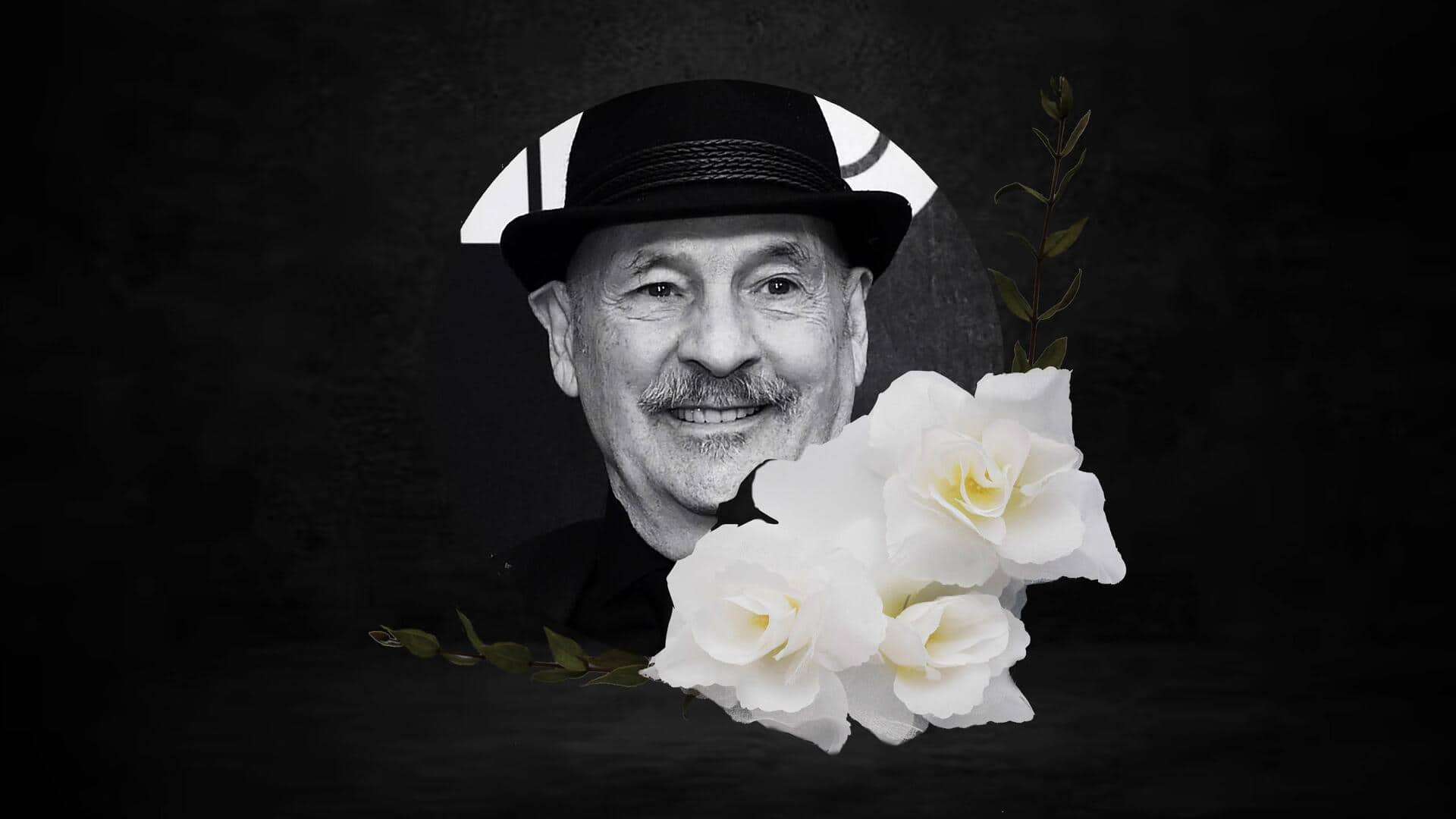
The Moody Blues co-founder Mike Pinder dies at 82
What's the story
Michael Thomas Pinder (also known as Mike Pinder), the co-founder and keyboardist of the iconic band The Moody Blues, has passed away at 82. The news was announced by John Lodge, the band's bassist, who stated that Pinder passed away on Wednesday, April 24 at his home in Northern California. According to Lodge's statement, Pinder spent his last days surrounded by music and family love. The cause of death remains undisclosed.
Death statement
'Michael lived his life with a childlike wonder'
Per the statement, "Michael Thomas Pinder died on Wednesday, April 24th, 2024 at his home in Northern California, surrounded by his devoted family. Michael's family would like to share with his trusted friends and caring fans that he passed peacefully." "His final days were filled with music, encircled by the love of his family. Michael lived his life with a childlike wonder, walking a deeply introspective path which fused the mind and the heart."
Stardom
Pinder first gained prominence with The Moody Blues in 1964
Born in Birmingham, England, Pinder first gained prominence with The Moody Blues in 1964. Their cover of Go Now! originally performed by R&B singer Bessie Banks earlier that year, catapulted the band to fame. The song topped the UK charts and secured a No. 10 spot on the Billboard Hot 100 in America. The band also earned recognition for Nights in White Satin, Tuesday Afternoon, and The Story in Your Eyes, among others.
Legacy
Pinder was the final surviving original member of the band
Pinder was the final surviving original member of The Moody Blues. He co-founded the band with Ray Thomas, Denny Laine, Graeme Edge, and Clint Warwick. He served as both a keyboardist and mellotron player until his departure in 1978. In an interview with ClassicBands.com, Pinder explained his departure, saying, "I realized that if I put so much energy into writing a song, why not put that same amount of energy into raising a family and holding a marriage together?"
Career highlight
He was famous for using the mellotron
Pinder is also credited as an early proponent of the mellotron, a keyboard-like musical instrument. He once told Rolling Stone, "The Mellotron enabled me to create my own variations of string movements. I could play any instrument that I wanted to hear in the music. If I heard strings, I could play them with the Mellotron. If I heard cello, brass, trumpets, or piano, I could play them."